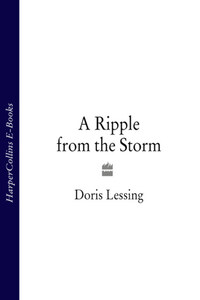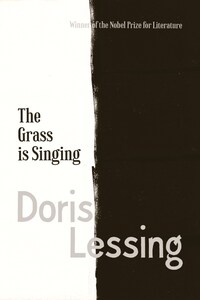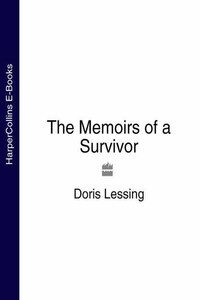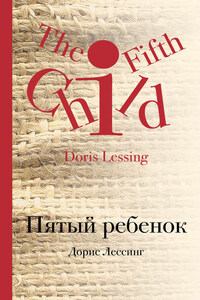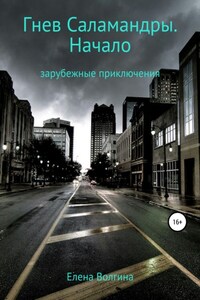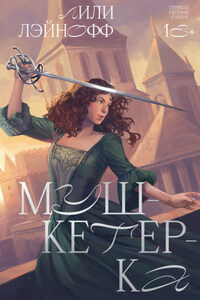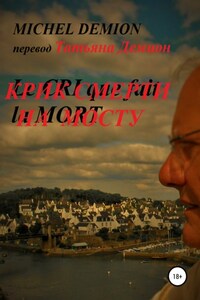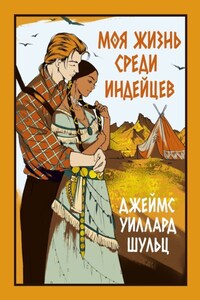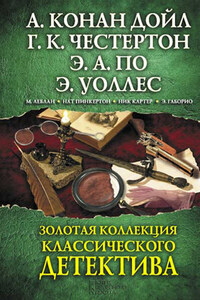From the dusty windows of a small room over Black Ally’s Café it could be seen that McGrath’s ballroom was filling fast. Groups of people clogged all the pillared gold-painted entrances of the hotel.
Jasmine said composedly: ‘Jackie’s very late,’ and, having neatly fastened the windows and turned herself around, she smiled at Martha. Martha smiled back with affectionate devotion. The devotion was no less because its quality had changed. Three months before, she had regarded this competent girl with awe: Jasmine was not afraid to stand on a platform before hundreds of people; she understood that mysterious process organization; and people always suggested her first if a secretary were needed. Martha had been used to watching her descend demurely from a platform with her files and papers or selling pamphlets at the door, feeling that she must be of an entirely superior order of person, not because she was competent, but because competence was the result of years of service in public causes of one kind or another.
Now Martha could do these things herself. She had learned without knowing she was learning by being with Jasmine so much of her time. She understood she had become for others what Jasmine had been for her when the pretty English schoolteacher, Marjorie Pratt, her fine blue eyes alive with admiration, had said: ‘I do admire you, Matty, for not being afraid of doing these things in public.’ At which Martha had felt an affectionate pity – not for Marjorie, who would herself soon acquire these so easily acquired qualities, but for herself of three months ago.
Martha said: ‘William’s late too. They’ve probably got some sort of meeting in the camp.’
Again the two girls exchanged a warm smile. In it was the affection every member of the group felt for the others: a communal tenderness. But there was more: Jasmine and Martha, both with lovers from the airforce, had a special tie. They did not speak of what they felt: their men would most likely be posted soon, and they would be left alone: their happiness was lit by the foreknowledge of loss. Or rather, this was what each felt on behalf of the other, a gentle protectiveness for the other’s situation, as if for someone weaker; and all these emotions were part of that greater elation on which they had all been floating now for months, ever since the formation of ‘the group’.
The small grimy room had in it a small deal table, a couple of hard benches and some unpainted chairs, This was the group’s headquarters and home. It was also the scene of Jasmine’s love, for there was a campbed folded against the wall beside the filing cabinet. To Martha, with her painful need to admire someone for qualities she could never possess herself, it seemed natural that Jasmine’s love should be at home here, camped among the files and papers of the world Revolution. On those rare nights when Jackie was free from the camp and Jasmine from her family, here it was that they lay in each other’s arms. To Martha, her own love seemed domestic and ordinary in comparison.
Jasmine was independent of her family because – or so it seemed, she was so bound to it. The Cohens had heard of their daughter’s affair with this disreputable character from the camp, and confronted her with their knowledge. She had said calmly, yes, she intended to live with Jackie Cooper when the war was over. Yes, she did know he was married and had children. ‘You can’t expect them to understand,’ she had remarked, telling Martha of the unpleasant scene. ‘I did explain it was a question of the revolution, but I saw it was no use.’
It seemed that the parents, both in tears, had officially disowned Jasmine, an entirely ritual act, for she still lived at home. But they would not speak to her. ‘I can’t leave home,’ she explained, ‘because it would be such a disgrace for them in the community.’ (She meant the Jewish community of this small town.) That kind of thing is very important to them; they simply can’t help it.’ To protect her parents from the results of their own attitudes, she was prepared to live at home like an outcast, treated as if she did not exist. Martha admired her for this chivalry she was convinced was far beyond herself.
